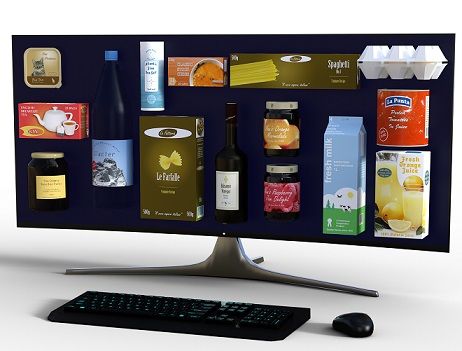Danes are buying more things online – food included. This poses a challenge for the regulatory authorities responsible for food safety.
In 2015, an agreement was reached between the S-R government of the day and SF, Enhedslisten, Venstre, Konservative and Dansk Folkeparti regarding a higher prioritisation of the Ministry of the Environment and Food’s travelling control body.
Getting rid of bad apples
As an extension of this, a press release from the ministry has this week revealed that a new agreement is in the pipeline that will include checks on online companies to stop illegal and unregistered foodstuffs, as well as items sold through Facebook, blogs and apps.
“There are a great number of opportunities for Danes to buy food through the internet. They have to be able to do this secure in the knowledge that the authorities are also checking food sold online,” said the environment and food minister, Jakob Ellemann-Jensen.
As well as increasing food safety for consumers, the initiative is also expected to strengthen fair competition by going after companies that don’t abide by the rules.














